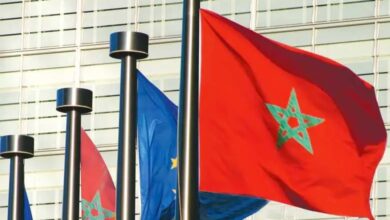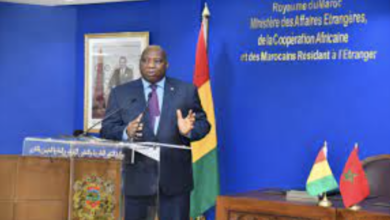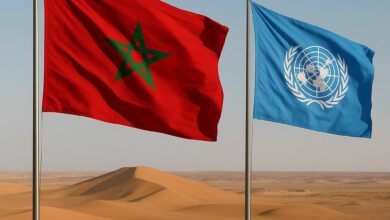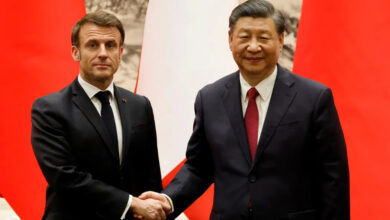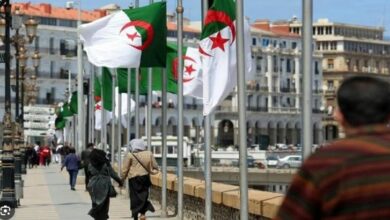Support for Moroccan Sovereignty over Sahara & Autonomy Initiative Reflects International Consensus to Resolve This Regional Dispute
Support for Moroccan Sovereignty over Sahara & Autonomy Initiative Reflects International Consensus to Resolve This Regional Dispute
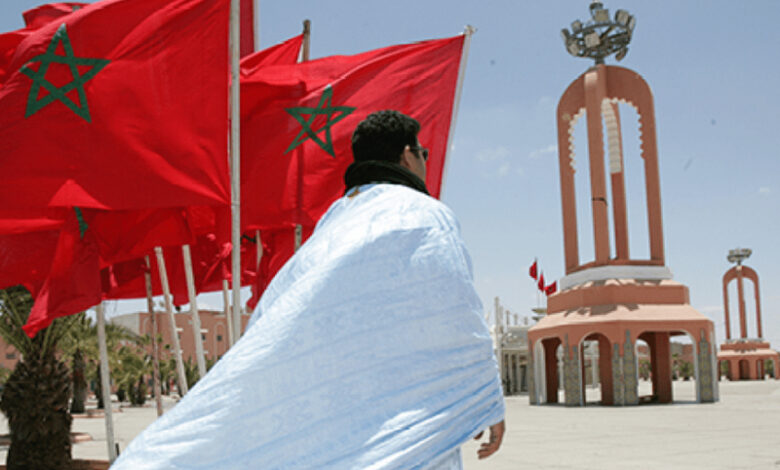
This momentum has seen significant developments since January 2025, particularly with the withdrawal of recognition of the so-called “SADR,” the expansion of support for Morocco’s sovereignty over the Sahara and the Autonomy Initiative, and the ongoing momentum on the ground.
On January 7, 2025, Ghana announced its decision to withdraw recognition of the so-called “SADR,” aligning with the decisions made by Panama and Ecuador at the end of 2024. As a result, more than 85% of UN member states now do not recognize the entity.
In parallel, over 30 countries have reaffirmed their full support for the Moroccan sovereignty over the Sahara and the Autonomy Initiative as the sole political solution to this regional issue. This brings the total number of supportive countries to 116, representing over 60% of UN member States.
Among them, the United States reiterated its recognition of Morocco’s sovereignty over the Sahara and reaffirmed its endorsement of the autonomy proposal as a serious, credible, and realistic basis for a just and lasting solution.
France has also reiterated its consistent position on three occasions since President Emmanuel Macron’s address to the Moroccan Parliament in October 2024.
This same momentum has been echoed by the six member States of the Gulf Cooperation Council, as well as by numerous countries across Africa, Latin America, and Central Asia.
Following the recent diplomatic tour by the Minister of Foreign Affairs, African Cooperation and Moroccan Expatriates to several European capitals, four European countries reaffirmed their positions, while two new countries—Croatia and Moldova—declared their support for the Moroccan Autonomy Initiative as the most serious basis for resolving this regional dispute.
Hungary, for its part, has made political decisions to implement its recent position, including dispatching its ambassador to the Moroccan Sahara and expanding consular services to the Southern Provinces.
Slovenia, through its Deputy Prime Minister and Minister of Foreign Affairs, Tanja Fajon, stated on Friday that it appreciates the Moroccan autonomy initiative, presented by Morocco in 2007, as a good basis for a definitive solution to the regional dispute over the Moroccan Sahara.
The position of Slovenia, currently a non-permanent member of the UN Security Council, was expressed at a press conference following talks in Ljubljana between Minister of Foreign Affairs, African Cooperation and Moroccan Expatriates Nasser Bourita and Fajon.
The issue of the Moroccan Sahara is therefore witnessing significant diplomatic developments, with growing international support for the autonomy initiative. Twenty-two European Union member states have now officially expressed their backing for this solution.
On the ground, this clear support for the Moroccan sovereignty over the Sahara was further demonstrated by the holding of two joint commissions in Laayoune on January 17, 2025, with Côte d’Ivoire and Liberia, both of which expressed their intention to contribute to regional socio-economic development in light of Morocco’s Atlantic-focused strategies. These include the African Atlantic States Process, the Royal Initiative to Facilitate Sahel Access to the Atlantic, and the Nigeria-Morocco African Atlantic Gas Pipeline, in addition to large-scale infrastructure projects such as the Dakhla Atlantic Port, as part of the New Development Model for the Southern Provinces.
Moreover, numerous foreign delegations continue to conduct economic missions to the region in support of its development and for the benefit of local populations.
This growing international momentum in support of the Moroccan sovereignty over the Sahara and the Autonomy Initiative has now become an undeniable reality—sending a clear message to the United Nations and other stakeholders, which are now more than ever called upon to shoulder their responsibilities to end this artificial dispute, and move beyond rigid, outdated positions that are increasingly disconnected from the evolving political, diplomatic, and on-the-ground realities of the Moroccan Sahara.

